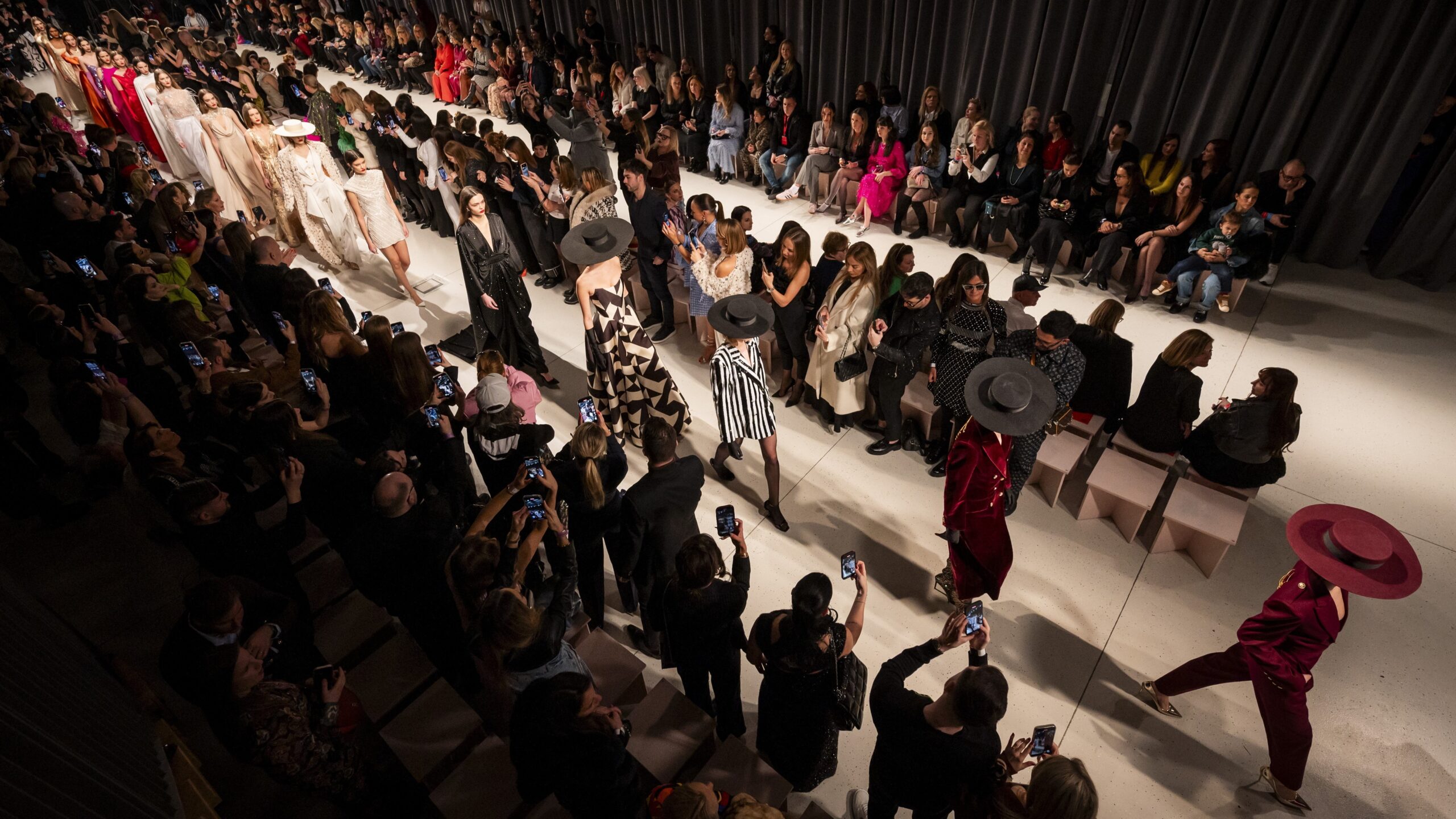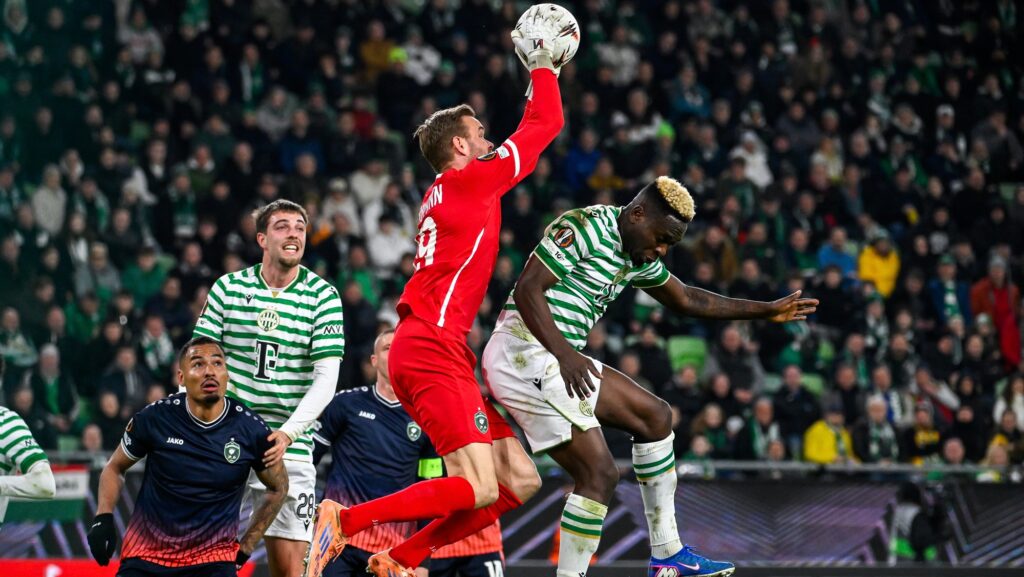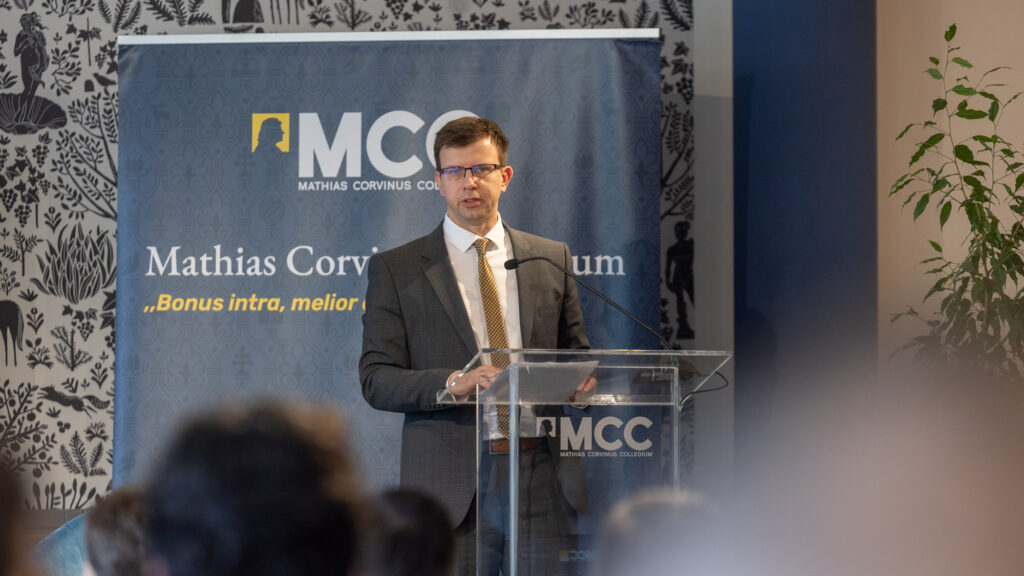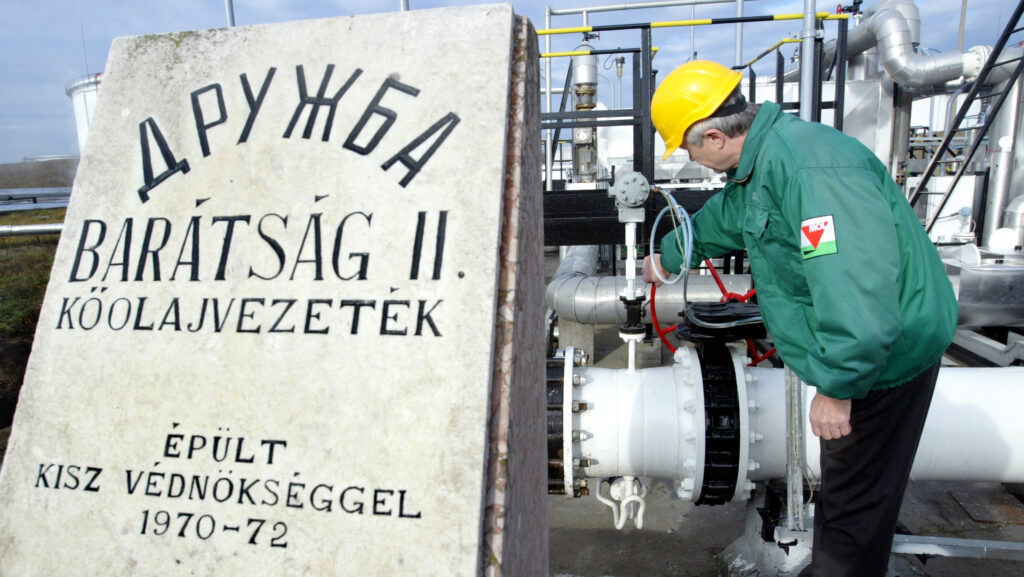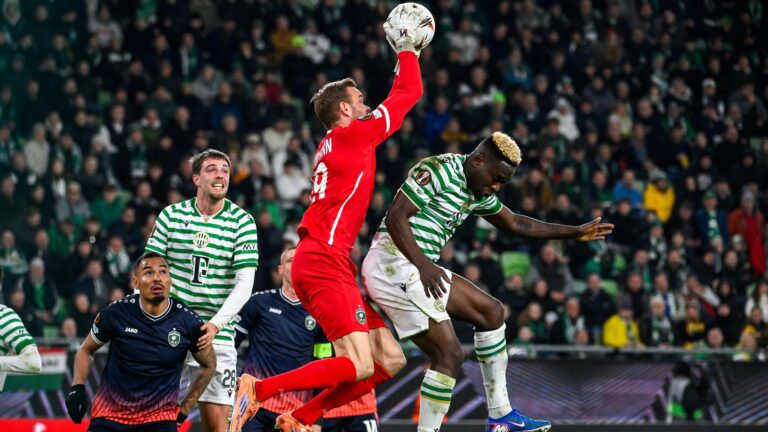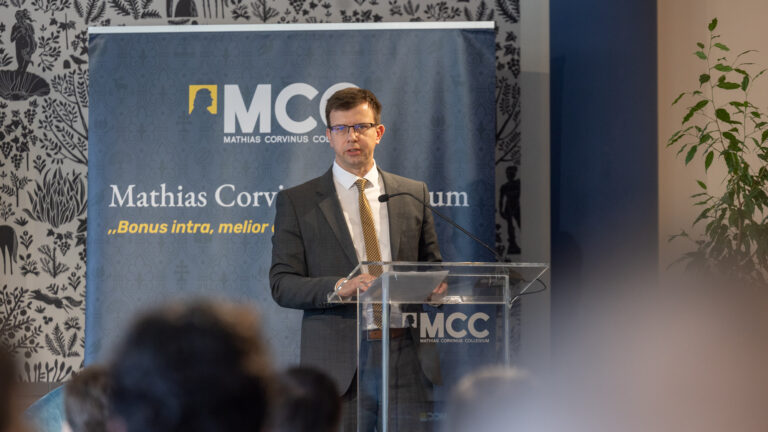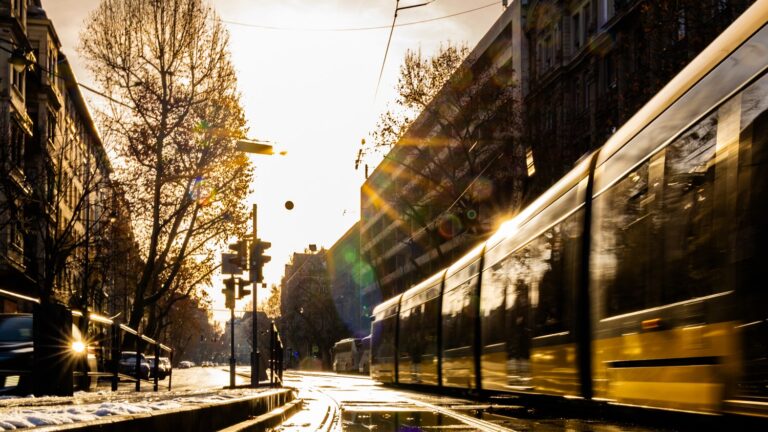The Budapest Central European Fashion Week (BCEFW) will take place 1–7 September, offering over 50 accompanying events across the city. Organized by the Hungarian Fashion & Design Agency (MDDÜ), the week will present the 2026 spring–summer collections alongside a wide range of fashion-related programmes in venues including the National Dance Theatre.
This year’s edition promises its most diverse lineup yet. Sustainability and recycling take centre stage through workshops, eco-conscious design projects, and collections made from repurposed materials. Fashion’s intersection with other art forms will be explored through jewellery-making workshops, photography events, and contemporary art projects. Gastronomy will also play a role, with thematic tastings, brunches, and exclusive dinners blending culinary experiences with the aesthetics of fashion and design.
The events provide opportunities not only for the general public but also for professionals to meet and exchange ideas. More shops, galleries, studios, cultural venues, and outdoor spaces than ever before are joining the city-wide celebration. According to Government Commissioner for Creative Industry Development and CEO of MDDÜ Zsófia Jakab, Budapest Fashion Week has grown beyond an industry event to become a cultural festival of the capital, complete with pop-up stores, special promotions, and limited collections.
‘Our goal is to raise awareness of Hungarian designers, boost demand for domestic fashion brands, and highlight the regional and international significance of Budapest Fashion Week,’ Jakab said.
Professional forums will focus on knowledge-sharing and industry dialogue. At the Műcsarnok, the international conference From Fashioning Cultural Heritage to the Impact of GenAI will examine how cultural heritage and contemporary fashion intersect, as well as AI’s influence on fashion media. The Moholy-Nagy University of Art and Design will host Fashion’s Worlds: From the Margins to the Middle, a symposium spotlighting the geopolitical dimensions of fashion and Central and Eastern Europe’s role in the creative industries.
The National Dance Theatre will also host the Fashion Hub, with 13 programmes including interactive workshops, professional talks, and community events. Highlights include a lecture by Ryan Thomas Roth, a leading global beauty industry figure of Hungarian descent, who will discuss personal stories and global beauty trends. Model Enikő Sütő will revisit milestones of her career in a series on fashion icons, while rising Hungarian models Evelyn Nagy, Márta Varr, and Laura Tóth will share insights on industry challenges and international experiences. Perfumer Zsolt Zólyomi will hold a session on fragrance creation.
Additional events include sustainability workshops, creative studios, and roundtable discussions on artificial intelligence in fashion. Most programmes are free to attend, though workshops and talks require prior registration.
Related articles:

